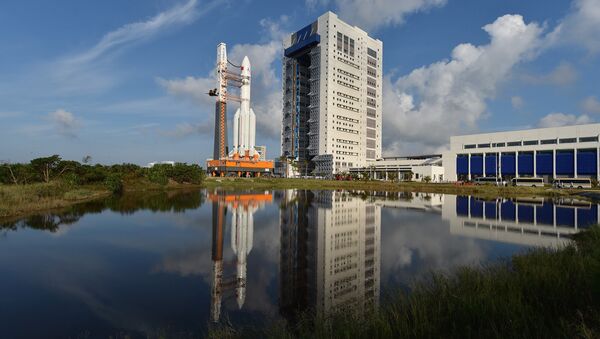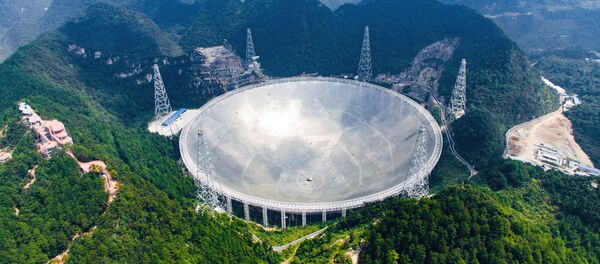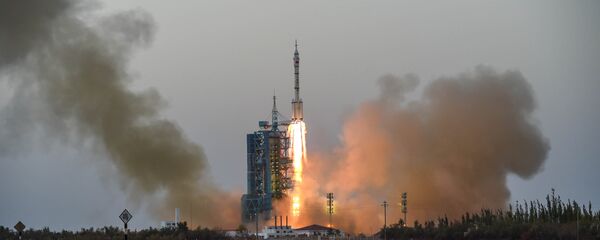Earlier this year, China was the first to launch a quantum communication satellite into orbit, as well as a satellite for conducting EmDrive engine tests, according to Kashin.
2016 also saw a manned mission on board the Chinese orbital module Tiangong-2, where a cold atom interferometer was installed for possible scientific purposes, including those related to detecting submarines.
This year, China ranked second after Russia in terms of its number of successful space launches, while the number of Chinese satellites in orbit outstripped Russia in 2014. Since then, it has been strengthening its positon, Kashin said.
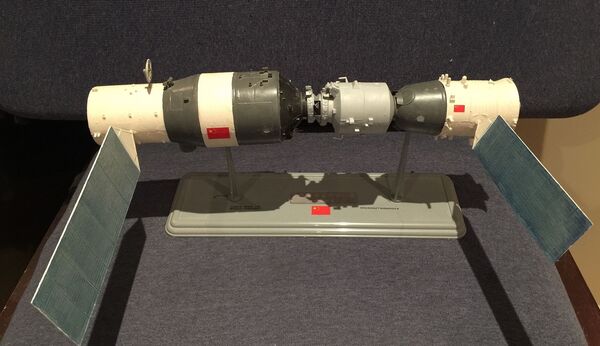
In 2016, it was confirmed that China had created its first experimental missile early warning satellite, according to him.
"These satellites are equipped with sensitive infrared sensors to register the missile launches. Presumably, the satellite was launched in late 2015," Kashin said.
He also cited China's efforts to put new types of reconnaissance satellites into orbit and test new anti-satellite weapons and the regular testing of such systems. According to the US, statements are expected in the near future.
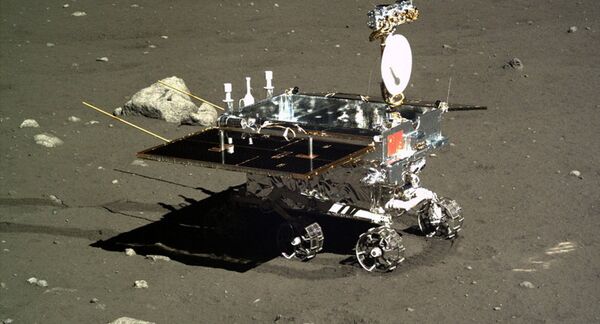
"So it's safe to say that 2016 proved to be a successful year for the Chinese space industry, which will be developed further, in 2017," Kashin pointed out.
Next year may see the launch of a lunar mission of the Chinese automatic station Chang'e-5 and the first automatic cargo ship Tianzhou, as well as the continuation of construction of the BeiDou Navigation Satellite System and the expansion of the network of Chinese reconnaissance satellites, he said.
"The Chinese space program gradually comes to the fore in the world. China's shift to new generations of rockets will help reduce the use of a toxic rocket fuel called heptyl. It should be noted in this context that the second stage of the Long March-5 rocket uses an innovative and environmentally friendly hydrogen fuel, Kashin said.
Russia, for its part, should expand bilateral space cooperation with China in order to give an additional impetus to its own space industry.
In this vein, Moscow should benefit from the production technology of powerful engines for liquid-propellant missiles, and vast experience in the design of various space vehicles, Kashin concluded.
Never miss a story again — sign up to our Telegram channel and we'll keep you up to speed!

